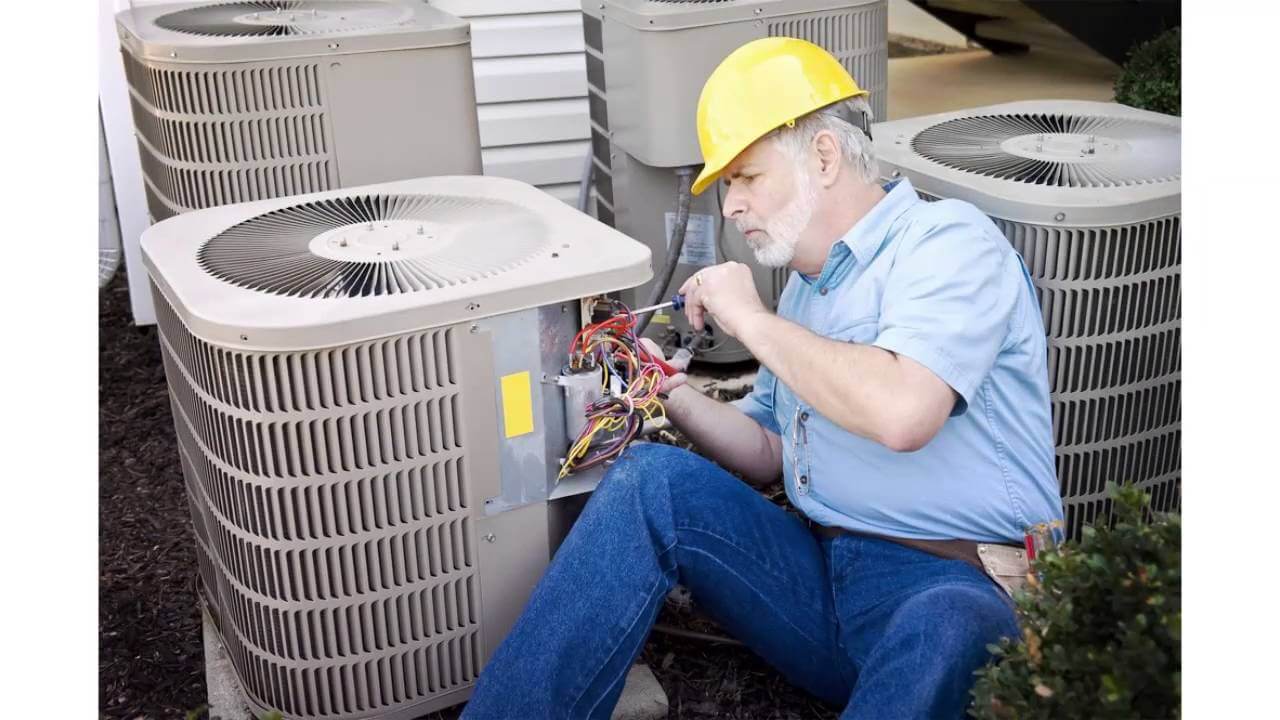Why Choosing the Right Central Air Installer is Crucial
Investing in a central air conditioning system is a significant decision that impacts home comfort, energy efficiency, and overall property value. A properly installed AC system ensures optimum performance, reduced energy bills, and long-lasting durability. However, hiring an unqualified installer can result in frequent breakdowns, inefficient cooling, and costly repairs. In this comprehensive guide, we will explore everything you need to know about finding the best Central air installers near me, so you can make an informed decision.
What to Look for in a Central Air Installer
When searching for reliable central air installation services, you should consider several critical factors. These include:
1. Certifications and Licensing
It is essential to hire an HVAC technician who holds the necessary certifications and licenses. Proper licensing ensures that the installer adheres to industry standards, safety regulations, and building codes. Look for certifications such as:
- North American Technician Excellence (NATE) Certification
- EPA 608 Certification for Refrigerant Handling
- HVAC Excellence Certification
- Accreditation from the Better Business Bureau (BBB)
2. Experience and Expertise
An experienced HVAC installer will have a proven track record of successful AC installations. When researching potential contractors, ask about:
- Years of experience in the HVAC industry
- Number of completed installations
- Brands and types of air conditioning systems they specialize in
3. Reputation and Customer Reviews
Checking online reviews and testimonials is a great way to gauge a company’s reputation. Browse platforms such as:
- Google Reviews
- Yelp
- Angie’s List
- Better Business Bureau (BBB)
Look for high ratings and positive feedback regarding punctuality, professionalism, and installation quality.
4. Transparent Pricing and Free Estimates
Reputable HVAC companies should offer clear, upfront pricing with no hidden fees. They should also provide free in-home estimates so they can assess your specific cooling needs.
5. Energy-Efficient AC Systems
Installing an energy-efficient air conditioner is essential for reducing your utility bills and carbon footprint. Choose a contractor that offers:
- High SEER (Seasonal Energy Efficiency Ratio) rated systems
- Energy Star-certified units
- Smart thermostats and zoning systems for improved efficiency
Benefits of Hiring a Professional Central Air Installer
1. Accurate Sizing for Maximum Efficiency
A professional HVAC contractor performs a thorough load calculation to determine the correct AC size for your home. Factors such as square footage, insulation levels, window placements, and climate conditions affect the required cooling capacity.
2. Proper Installation Ensures Longevity
A poorly installed AC system can lead to:
- Reduced lifespan
- Higher energy consumption
- Frequent breakdowns
- Inconsistent cooling
A qualified HVAC installer ensures that your unit is installed correctly, according to manufacturer specifications, extending its lifespan.
3. Compliance with Building Codes and Regulations
Professional central air installers are familiar with local building codes and ensure that your installation meets all legal requirements. This prevents potential legal issues or safety concerns down the road.
4. Warranty Protection and Maintenance Plans
Reputable HVAC contractors offer warranty coverage on both labor and equipment. Many companies also provide preventative maintenance plans, which include:
- Regular filter changes
- Seasonal inspections
- System tune-ups to improve performance
Step-by-Step Process of Central Air Installation
1. Home Evaluation and Load Calculation
A professional HVAC technician will conduct a comprehensive assessment of your home to determine the best cooling system. This includes:
- Measuring total square footage
- Checking existing ductwork
- Evaluating insulation quality
- Identifying areas that may require additional cooling support
2. Choosing the Right AC Unit
Selecting the correct AC unit involves considering:
- Size and cooling capacity
- Energy efficiency ratings
- Brand reputation and warranty coverage
3. Installation of Ductwork and Equipment
If necessary, the installer will upgrade or install ductwork to ensure optimal airflow. Next, they will:
- Secure the outdoor condenser unit
- Install the indoor evaporator coil
- Connect refrigerant lines and electrical wiring
4. Testing and Quality Check
After installation, the HVAC technician will test the system to confirm:
- Correct airflow and cooling performance
- No refrigerant leaks
- Proper thermostat calibration
Common Mistakes to Avoid When Hiring an AC Installer
1. Choosing the Cheapest Option
While affordability is important, the cheapest bid is not always the best. Unqualified contractors may use substandard materials or rush the installation, leading to long-term issues.
2. Not Asking About Warranties
Always inquire about warranty coverage on both the air conditioner unit and labor. This protects your investment in case of defects or installation errors.
3. Ignoring Maintenance Needs
Skipping routine maintenance can result in:
- Reduced efficiency
- Increased energy costs
- Unexpected breakdowns
Enroll in a preventative maintenance plan to keep your AC running smoothly.
Final Thoughts: Finding the Best Central Air Installers Near You
A properly installed central air conditioning system enhances your home’s comfort, efficiency, and value. By researching certified HVAC contractors, reading customer reviews, and comparing quotes, you can find the best air conditioning installation scottsdale.

